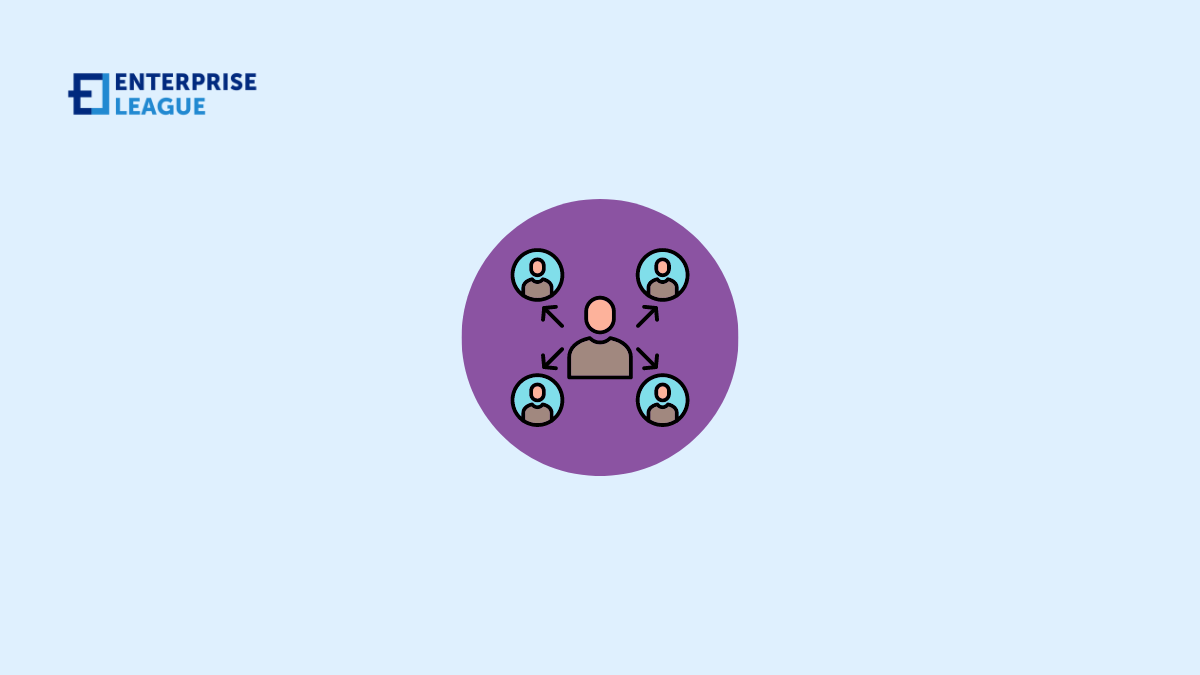Congratulations on taking the first step toward buying a home. It’s a great investment for your future.
Whether you are a young couple just starting out or an older adult ready to settle down, it’s important to understand that being a first-time home buyer can be an overwhelming process. There is much to consider, starting from researching and touring homes to the paperwork and financing.
At first sight, It can be a daunting process but don’t worry – we have put together a list of 13 tips for first-time home buyers to help make buying your first home easier.
These 13 tips for first-time home buyers will help you in your research
From establishing your budget and securing financing to finding the right real estate agency and making an offer, these 13 tips that we have collected will give you valuable insights and advice on how you can fulfill your dream for owning a home into a reality. So, let’s explore all these tips and make your home-buying experience a successful one.
Get pre-approved for a mortgage
Getting pre-approved will give you a better idea of what you can afford and make your home-buying process easier.
Pre-approval also shows sellers that you’re serious about buying, which may give you an edge over other buyers who don’t have pre-approval.
It’s important to note that pre-approval doesn’t guarantee you a loan. Your lender still needs to review the information and make a final decision. Additionally, pre-approval is typically valid for a limited time, so make sure you find a house before your pre-approval expires.
Work with a buyer’s agent
If you’ve found a buyer’s agent online and they don’t have much information in their profile, take a step back and think twice. If you decide to proceed, find detailed accurate information about them. This way, you’ll protect yourself from unpleasant surprises.
Know your wants and needs
When shopping for your first home, getting swept up in your dream home’s bells and whistles is easy. However, it’s necessary to find a home that meets your budget and lifestyle.
To start, make a list of what you need in a home. That could include the number of bedrooms and bathrooms and any safety features or special amenities you might need. These are the non-negotiables, the must-haves that should factor into your decision-making process when searching for a home.
On the other hand, your list of wants would be nice to have in a home but they aren’t necessarily deal breakers. These could include things like a large backyard or a gourmet kitchen.
Don’t be afraid to negotiate
Negotiating is an important part of the process. The key to a successful negotiating strategy is understanding that you may have more bargaining power than you think.
Remember that real estate agents and sellers want to make a sale and it’s especially true in situations where the seller really need to sell a house fast, so feel free to make an offer lower than requested. It may seem intimidating at first, but if you know the market and do your research, you may get a better deal than you expected.
Also, be prepared to walk away if you don’t feel like the deal being offered is right for you. Be bold and take advantage of the opportunities presented when it’s time to purchase a home.
Get a home inspection
When buying a home, getting a professional home inspection is important to ensure you’re aware of any issues that could cost you money. In addition, a home inspection will check for any visible issues with the property’s structure, plumbing, electrical, and HVAC systems.
It’s crucial to pay attention to any costly repairs that may need to be addressed before you make an offer. An inspector can spot potential issues like mold or water damage that could be signs of a bigger problem.
If these issues are present, you should reconsider your offer or negotiate a lower price if the seller is willing to make the necessary repairs. You don’t want to purchase a home only to find out later that it needs thousands of dollars worth of repairs.
Have a contingency plan
Having a contingency plan to address any potential roadblocks that could arise during the buying process is a must.
Having a contingency plan means that you’re prepared if the home inspection reveals unforeseen issues, if negotiations with the seller don’t go as planned, or if you need to find another way to finance your purchase.
Your contingency plan should include the funds you need for a down payment, closing costs, and any repairs needed for the home.
Save for a down payment
Buying a home is a major investment, and saving up for a down payment can make a big difference in the amount you have to borrow. Before you start your house hunt, knowing how much of a down payment you can realistically afford is essential.
Factors like credit score, debt-to-income ratio, and current savings will influence your down payment.
Generally speaking, the more you can save for a down payment, the better. It’s wise to save between 5 and 20 % of the home’s purchase. You could be eligible for a lower interest rate or other perks if you save more than 20%.
Understand the hidden costs of homeownership
Some hidden costs include
- Property taxes
- Homeowners Insurance
- Maintenance and repair
- Utilities
By understanding the hidden costs of homeownership, you can ensure you’re financially prepared for the long-term commitment of buying a home. In addition, with some careful planning and budgeting, you can protect yourself from unexpected expenses.
Get a loan with a low-interest rate
Securing a loan with a low-interest rate can save you thousands of dollars in the long run. When shopping for a mortgage, look for one with a competitive interest rate and inquire about any discounts or promotions that may help you lower your rate even further.
Invest in homeowners insurance
This insurance covers losses from accidents, fire, and other natural disasters. It also protects your home from liability if someone is injured on the property.
Homeowners insurance is an important step in protecting your investment in your home and will help provide peace of mind.
Factor in HOA fees
HOA fees is monthly or annual fees paid to a Homeowners Association for the upkeep of common areas and amenities. These can range from landscaping and snow removal to a clubhouse and pool.
Knowing what you’re responsible for paying can help you ensure your budget is set up correctly and you don’t end up with more than you bargained for. It’s also necessary to know the HOA rules and ensure they align with your lifestyle. Make sure to do your research and get the full picture of what the HOA fees include.
Be prepared for closing costs
When purchasing a home, closing costs can be a big surprise. Closing costs can range from 2-5% of the home’s purchase price, so it’s important to budget and plan.
Some closing costs you might encounter include loan origination fees, title insurance fees, appraisal fees, and prepaid homeowner’s insurance. Be sure to ask your real estate agent and lender for an estimate of all the costs.
Have realistic expectations
Buying a home is a big step, and it’s important to make sure you have realistic expectations about the process and the outcome. Understand that you won’t necessarily get your dream home, and searching for a house may take longer than expected.
Before signing on the dotted line, ensure you’re comfortable with all the mortgage terms and know exactly what you’re signing up for. Then, take the time to weigh all your options and ensure you’re truly ready to become a homeowner.
Conclusion
Buying a home is a significant investment and often can be quite an intimidating experience. To ensure that the whole process goes smoothly and that you’ve made the right decisions, you have to take your time, do all necessary research, and collaborate with professionals.
We hope that with these 13 first-time home buyers’ tips in mind, you can make your dream of being a homeowner a reality. Good luck on your home-buying journey!
More must-read stories from Enterprise League:
- Profitable and funny business idea that you can start today.
- All the reasons why we should support local businesses and shop local.
- Pros and cons of social media for business you should be aware of.
- How to ask for a deposit in a contract without being awkward or losing a client.
Related Articles
SEO writing: Five foolproof tips to secure you the first page
When it comes to SEO writing it’s more guessing and less evidence about what works and what doesn’t. Luckily, we know what can really help you reach the first page.
How to onboard a new employee: Tips for quick integration
Your guide to smoother employee onboarding where you will find practical strategies that help new hires feel welcome and become productive team members faster.
6 tips on how to delegate work so it actually gets done
Delegation doesn’t have to be difficult, that’s why we are sharing some proven tips to delegate work effectively and get better results from your team.
SEO writing: Five foolproof tips to secure you the first page
When it comes to SEO writing it’s more guessing and less evidence about what works and what doesn’t. Luckily, we know what can really help you reach the first page.
How to onboard a new employee: Tips for quick integration
Your guide to smoother employee onboarding where you will find practical strategies that help new hires feel welcome and become productive team members faster.






